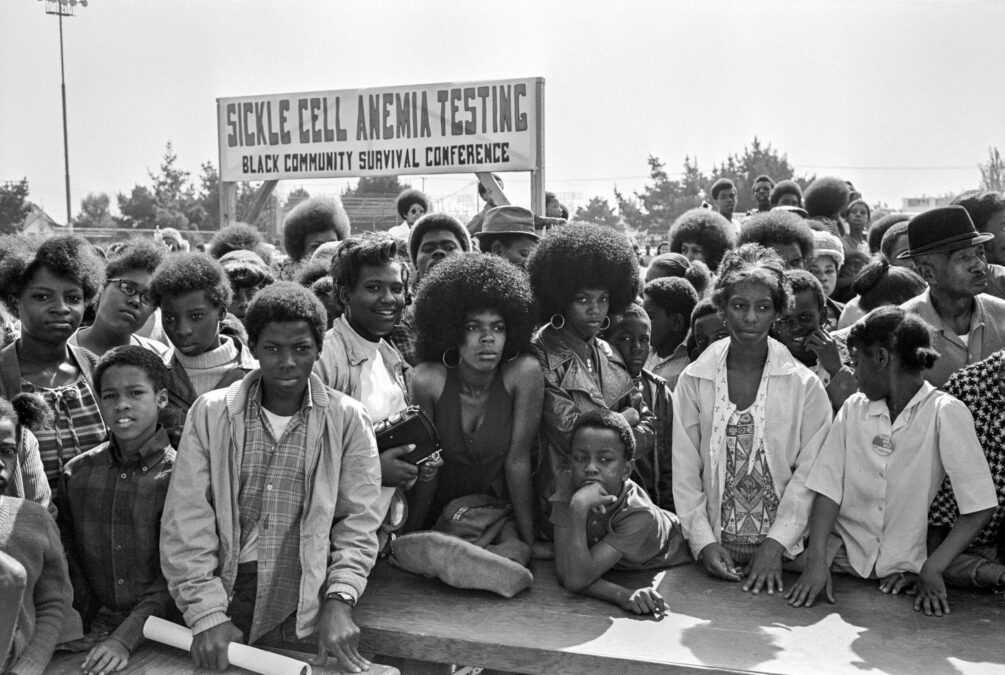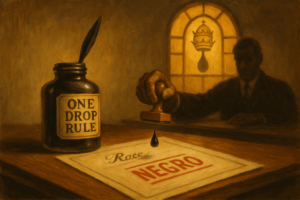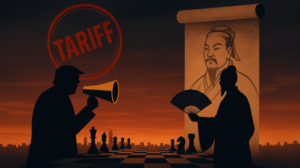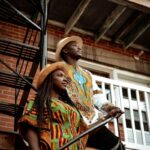Let me begin by stating an undeniable fact; we, the Black nation in America, bear the sole responsibility for ending the evils that plague us today in America. Now be careful how you read that statement. I am not saying we are the creators or the cause of the evils. But until we take it upon ourselves to address and resolve these ills, we are responsible for their continuance.
For as long as Afrikan Americans look to someone else to come into our communities and resolve the issues that impact our lives daily, we will continue to receive ‘lip service’ and double-talk but no real and long-ranging solutions. Be it local or federal government, politicians, or the social welfare system, history has repeatedly shown us that no one else will, for us, end the poverty, the miseducation of our children, the hunger, homelessness, lawlessness, and disease in our communities. And as long as we wait for someone else to do these things, we will remain at the bottom of a very long list of other people’s priorities. That old axiom rings true; if you want something done right, you have to do it yourself.
Now I can already hear the grumblings of those who would, simplistically, cite what someone else should or could do for us or, worse, give us. Well, we have appealed, yelled, sat in, and waited, and despite the commendable advancements wrought by our brothers and sisters over the many long years, we still suffer in our communities and in this nation. So, it is now time to get about the very serious business of doing for ourselves.
By now, it should be evident that if the majority population, those who hold the bulk of the political and economic power in America, will not open wide and fairly the doors of opportunity in employment (an insidious underlying cause of much of the suffering), we must create businesses and institutions within our communities and create those jobs and opportunities for ourselves and our children.
Since it is clear that this nation’s local and national governments continue to under-invest the dollars and resources required to educate our children properly, it is our responsibility to build and finance our own schools. It is our responsibility to develop self-affirming curriculums. And it is our responsibility to educate our children for their futures.
It should also be fairly apparent that despite the many pretty words of politicians and preachers, no one truly cares enough for Afrikan Americans’ welfare to do what must be done to ensure decent and fulfilling lives for American Afrikans. Moreover, we should not expect anyone else to do them for us! We are the arbiters of our fate and can affect the needed change. But first, we must pull our heads out of the sand and take a long, hard, sober look at the circumstances surrounding us.
We have been “free” in this nation for over 150 years, and we have yet to truly make our tenure, or our “freedom,” flawed though it is, work for us. And though the institutional racism woven into all facets of American life represents an enormous obstacle, it is not an excuse for our continuing languor.
Immigrants of all colors from around the world have streamed into America in the past decades with little or nothing. Yet, within a generation or two, many have developed considerable political and economic “clout” and control over their conditions. How? They have employed time-tested methods used throughout history to build and maintain their societies.
First, by acknowledging and respecting their shared legacy and destiny, waves of immigrants have acted together as one people to build and maintain cultural and social institutions that ensure their common survival.
They have practiced economic “chauvinism,” utilizing their productive and economic power to provide for themselves. They have built businesses within their communities to supply their needs. They traded within their communities and provided jobs for their communities.
These new Americans have acted in political “solidarity” to address and resolve issues affecting their lives. And socially, they have respected and nurtured their most basic and fundamental social institution, the family. As a result, these new Americans have maintained and ensured their survival as distinct and proud people; America is not so much a melting pot as it is a salad.
In the 21st century, no one will do for American Afrikans what we must do for ourselves. We must stop waiting for a government, people of goodwill, or a god to “make things right.” Instead, we, the American Afrikans in the hostile environment of white supremacy, must unite to accomplish the difficult task of planning and building our own self-determined future. Only when we can more effectively employ, feed, educate, house, and provide medical care for ourselves will our hopes and expectations of America merge with our reality.








Add your first comment to this post